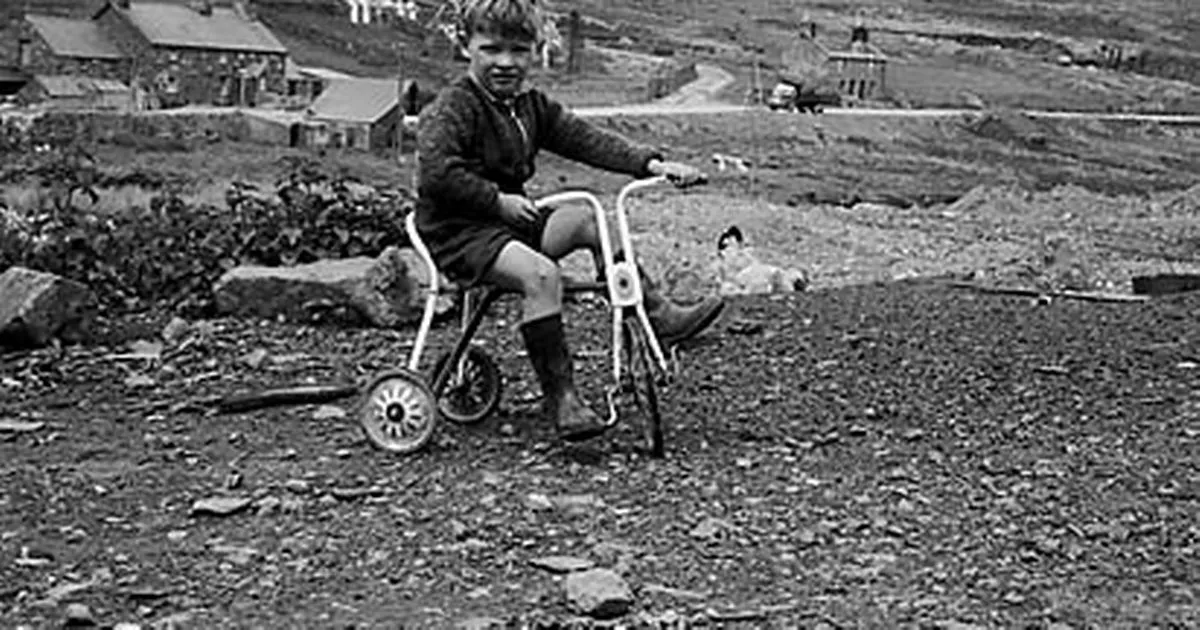Copyright dailypost

Sixty years ago this month Treweryn Dam was officially opened after a near decade of controversy and fierce Welsh opposition. It became a symbol of the struggle for the language and culture - highlighting the powerlessness of the Welsh when it came to decisions about their own country. The campaign to save the Tryweryn Valley and the village of Capel Celyn from being flooded to supply water to the city of Liverpool began on 20 December 1955. This was when an announcement was made of the intention to build a reservoir in the heart of Meirionnydd. The private bill was passed by the Conservative Government and the Liverpool Corporation without consultation with Welsh authorities and was not supported by any of the Welsh MPs. The reservoir would be the largest in Wales, drowning an entire valley and the village of Capel Celyn. Forty eight residents of the village and nearby farms were to be uprooted and hundreds of acres of fruitful agricultural land lost. Despite the fierce opposition of the Welsh public, the Liverpool Corporation Act was passed on 1 August 1957. The £20 million project began three years later but opposition continued - including protest and direct action. The dam was completed in August 1965 and the official opening of the reservoir was held on 28 October. The reservoir submerged the houses, land, school and chapel which made up the village of Capel Celyn. Some of the graves from the chapel cemetery were exhumed and removed to the nearby village of Llan-y-cil, while others were covered with concrete. Not all the buildings were completely demolished before the village was drowned and, when the water is unusually low, they appear from beneath the reservoir as an eerie reminder of the lost community. Here courtesy of the National Library of Wales and photographer Geoff Charles we share some of the images as the village was drained of its people before the land was flooded.



